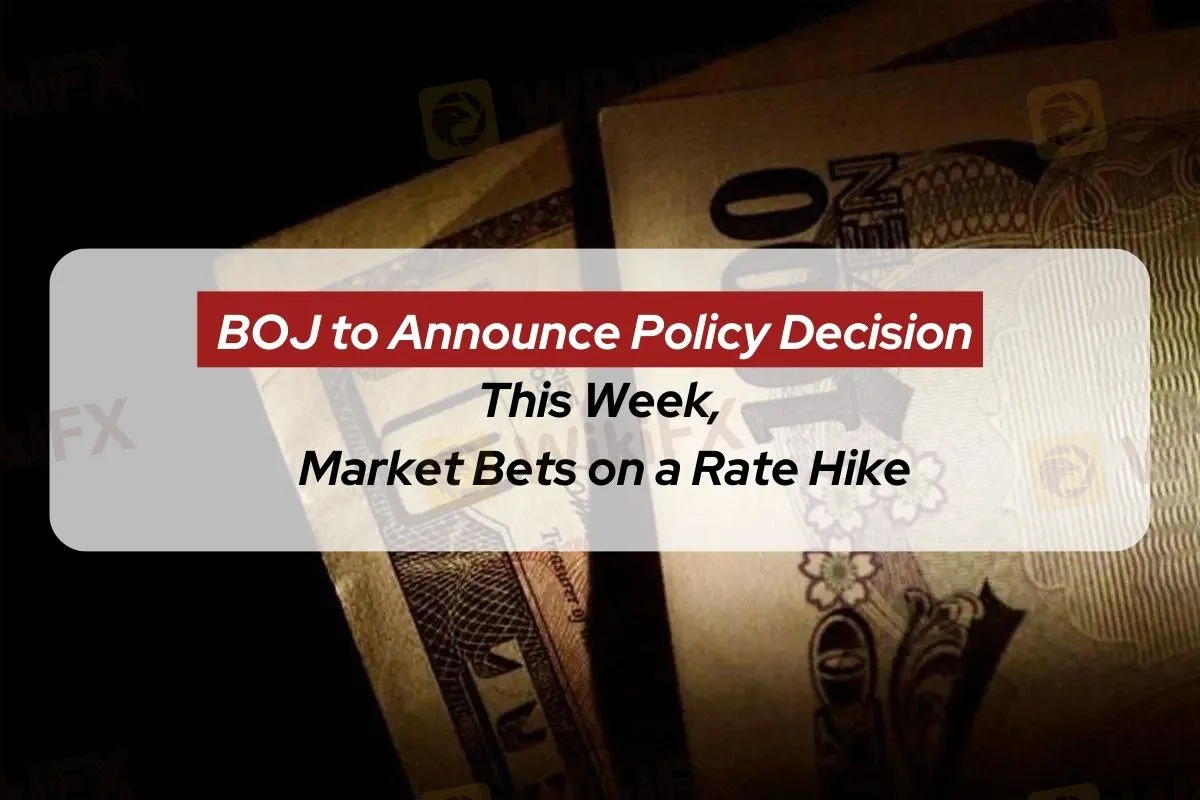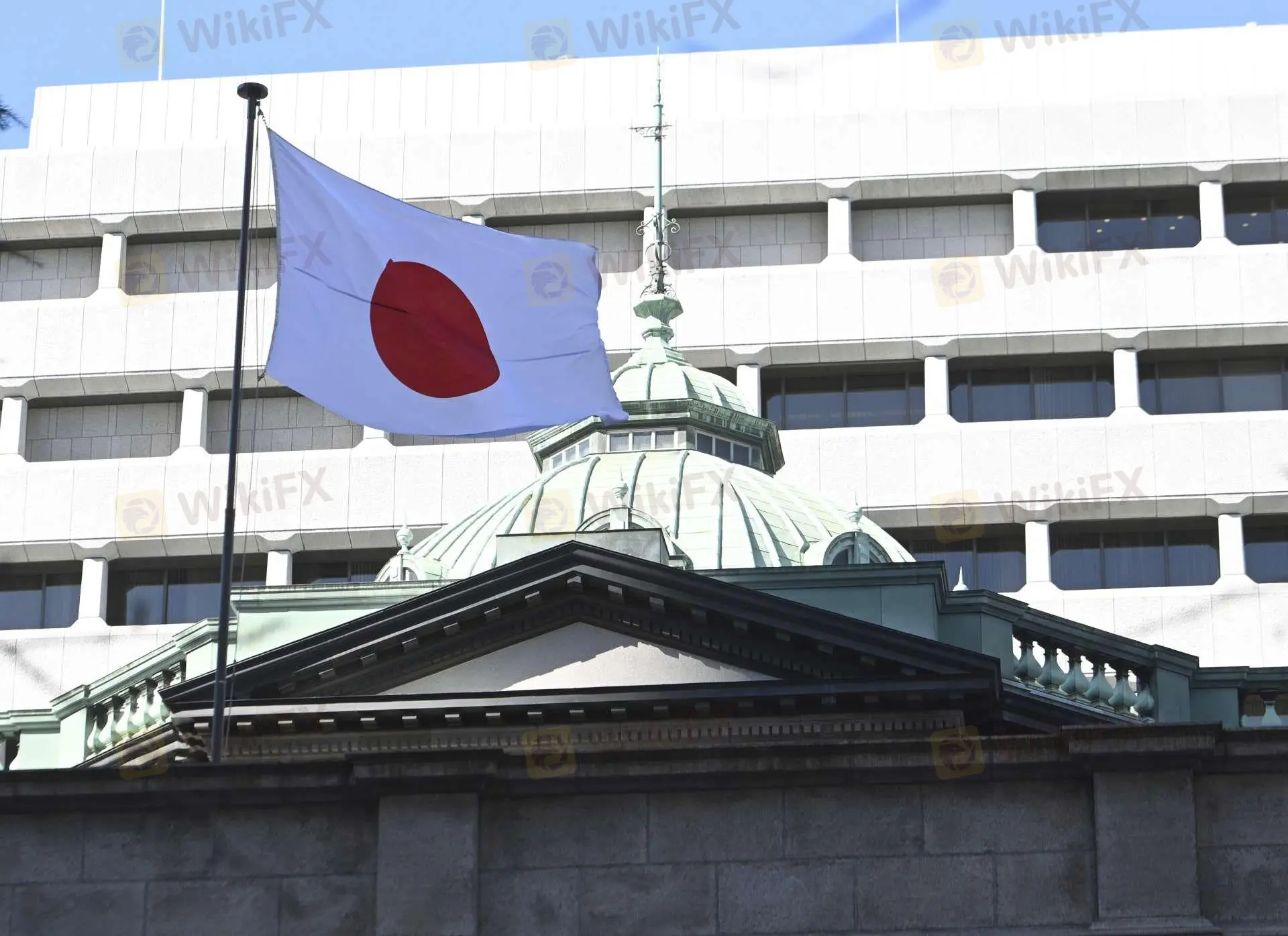BOJ to Announce Policy Decision This Week, Market Bets on a Rate Hike
abstrak:The yen strengthens past 156 as markets anticipate a rate hike from the Bank of Japan this week.

Yen Strengthens Beyond 156 as Market Expects a Rate Hike
On January 24, the Bank of Japan (BOJ) will announce its latest policy decision, followed by a press conference by Governor Kazuo Ueda. Recent surveys indicate a near-unanimous market expectation of a rate hike this week. Overnight index swaps (OIS) pricing suggests a 99% probability of a hike, reflecting strong investor anticipation of tighter monetary policy. According to Bloomberg‘s latest survey, about 74% of economists expect the BOJ to raise rates by 25 basis points at this meeting, up from 52% in the previous survey. This strong expectation has been partially reflected in the yen’s performance over recent weeks, with the currency surging beyond the 156 level against the US dollar, hitting a recent high.

Nomura Securities suggests that the BOJ‘s rate hike will serve as a key driver for yen appreciation, especially as global central banks broadly tighten monetary policy. Following this hike, the BOJ may adopt a more flexible policy trajectory, further solidifying the yen’s position in global markets.
Wage Growth and Persistent Inflation Support Tightening Measures
The BOJ‘s latest regional economic report highlights structural labor shortages driving companies to raise wages. Many firms anticipate continuing wage hikes into 2025, providing strong support for the BOJ’s tightening policy. Meanwhile, domestic inflationary pressures remain evident. Data shows that Japan‘s core consumer price index (CPI) rose 2.7% year-on-year in November 2024, marking 39 consecutive months of growth. Notably, Tokyo’s December CPI growth accelerated to 3.0% year-on-year from 2.6% in November, with the month-on-month growth rising from 0.4% to 0.5%, indicating persistent price pressures.

Historically, wage growth and price increases in Japan have been closely linked. As spring labor negotiations approach, the expectation of wage hikes could further strengthen economic activity and continue to support inflation. These data points provide a solid foundation for the BOJ‘s tightening policy, reinforcing market bets on this week’s rate hike.
Key Hurdle: Global Market Volatility
While the market has high expectations for a BOJ rate hike this week, external market volatility could pose a potential obstacle. Uncertainty in international markets, particularly regarding possible U.S. economic and trade policies, could significantly influence the BOJs policy decisions. Reuters analysis suggests that if U.S. policy changes trigger significant market swings, the BOJ might reconsider the timing of a rate hike.

Additionally, BOJ Deputy Governor Ryozo Himino recently emphasized the importance of timing in monetary policy implementation, as it is critical for economic stability. He further stated that the board would base its discussions on Japans economic fundamentals while considering global market dynamics before making a final decision.
Should the BOJ hike rates as expected, the yen could strengthen further against the U.S. dollar and other major currencies. Analysts predict that yen appreciation will have a dual impact on Japans economy. On one hand, a stronger yen may weaken the competitiveness of export-driven industries, particularly in the automotive and electronics sectors. On the other hand, a strong yen could reduce the cost of imported energy and raw materials, potentially mitigating inflationary pressures.
Broker ng WikiFX
Exchange Rate

